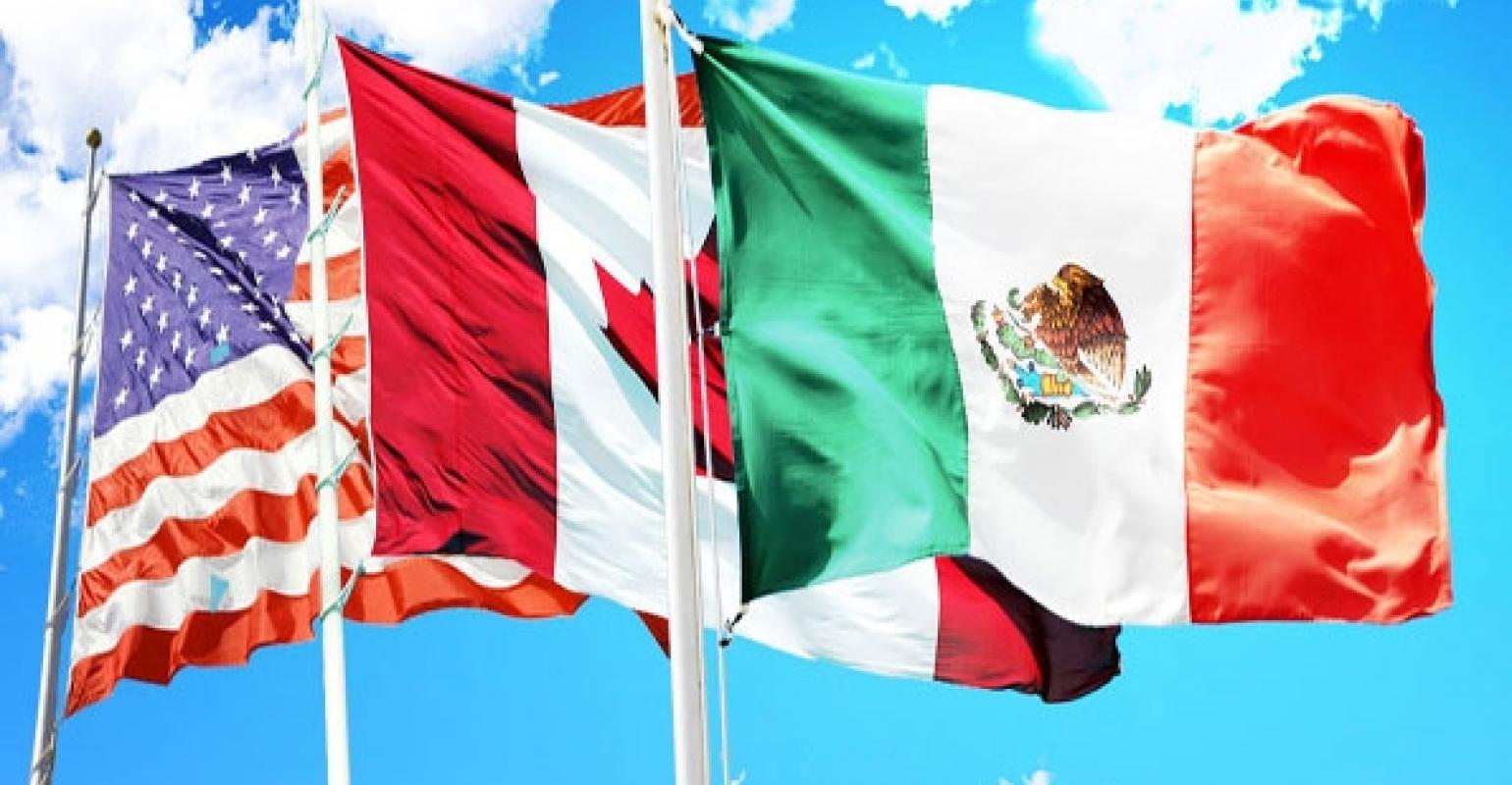Many advocates for cultural diversity have a sudden change of heart when the topic turns to Canada’s “cultural industries.” As they say in Argentina, for money, the monkey will dance.
What constitutes Canadian heritage, given her complex milieu, tends to be in the eye of the beholder. However, the heritage is so weak. Supposedly, it would crumble in the face of foreign trade.
There are many people who profit from this claim and successfully lobby for nativist media and digital entertainment. The interventionism includes federal subsidies and Canadian-content requirements for radio and television. At least 60 percent of televised content, for example, must be “made in Canada.”
The Canada Periodical Fund drops $75 million on media outlets and magazines annually, subsidizing what should be independent, free-speech platforms. Ditto for television and digital media, which get $350 million from the Canadian Media Fund, in addition to the CBC’s $1 billion.
This lobby was so strong that they exempted themselves entirely from NAFTA and now the United States-Mexico-Canada Agreement (USMCA). In fact, the pending USMCA expands the exemption to new platforms that would dare to compete with legacy producers.
Those who face limited competition include producers of books and periodicals, film and video recordings, and radio and television. Even cable and satellite broadcasters remain subsidized, insular, and protected.
Not only will “culture” not be liberalized under USMCA, foreign investors remain walled off. Divvied taxpayer money is fair game (a tool for political patronage), but foreign capital for development is not.
Any firm without 80 percent Canadian ownership and board representation can’t get a broadcasting licence. The Department of Canadian Heritage also blocks investment “that could result in ownership and control of Canadian cultural businesses by foreign investors.”
Even minority investment with minimal control must be “compatible with national cultural policies” and of “net benefit to Canada and to the Canadian-controlled sector.” You can imagine investor interest in that bureaucratic and unpredictable discussion.
Meanwhile, Canada has one of the lowest business investment rates of the developed world.
A look into the statements of the cronies shows their lack of intellectual integrity. When the shoe is on the other foot and they want to sell to US consumers, free trade is back in vogue.
The Canadian Arts Coalition “were extremely pleased to find cross-border movement of business professionals within Canada’s priority list for a modernized NAFTA.” They want to block competition while enjoying free rein for Canadians to sell their arts and skills to the Americans.
The Association of Canadian Publishers is “delighted” with the USMCA’s protectionism, but they affirmed the need for access the other way: “Many [Canadian publishers] earn upwards of 50 percent of their annual revenues from export to the United States.”
Magazines Canada says we need them to protect “social cohesion” and “tie us together as a nation.” Their touted example of publications in 34 different languages confuses what makes publications or culture “Canadian.”
The myriad protections and subsidies for culture producers, exacerbated by the USMCA, pose two questions: (1) Is this serving Canadians at large or just recipients? (2) When will producers develop the wherewithal to compete openly?
Compelling evidence suggests the latter and never.
The Canadian film industry offers an insightful and embarrassing example, since cinemas are one place where people are free to choose. Canada’s two highest grossing films are My Big Fat Greek Wedding (2002) and Porky’s (1982). When you look under the hood you find these were barely Canadian at all: directed by Americans and filmed in the United States, exclusively in the case of Porky’s.
Most Canadian films are not profitable, and few enjoy international success. From the Globe and Mail: “Anglo-Canadians do not go to the theatre to see movies made by their countrymen,” which have a box-office market share of 1–1.5 percent.
One of the world’s largest filmmakers, Lionsgate, has its origins in Vancouver. However, as its success grew, company executives moved to California and listed on the New York Stock Exchange, favoring competitiveness over parochialism.
The most well known economic argument for protectionism is the infant industry: particular industries need a grace period to grow a nexus of participants. Once they achieve sufficient economies of scale, they can compete internationally.
While industry clusters do exist, the case for their central planning is weak. Few infant industries, if any, grow to become independent. The pattern is they become lobbies addicted to corporate welfare, as with Quebec’s Bombardier.
The reasoning also falls flat for culture, since in almost all cases providers do not rely on heavy manufacturing or fixed, large-scale operations. Further, the notion of economies of scale runs counter to the unique, creative character at hand.
Media subsidies have proved similarly stubborn. As outlets undergo a digital overhaul, this year saw $50 million in new federal subsidies. A “disappointed” John Hinds of News Media Canada said “The amount announced is far too little to address the growing challenge of providing local news.”
Rather than embrace change and adapt, his insatiable members want $350 million in additional handouts. Give them an inch, and they will take a mile.



